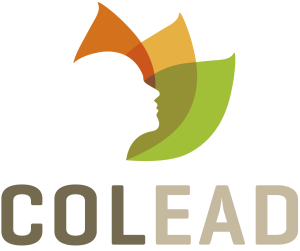
Introduction to Regulations and private standards
Estimated duration : 30 min
The course offers an introduction to the basic principles of regulations and private standards through various interactive and entertaining activities.

Regulations and private standards (Intermediate level)
Estimated duration : 7h30
We will begin this course with a presentation on three major institutions (FAO, WHO, and OIE) with complementary missions in the area of food safety, and with an overview of the principal regulations pertaining to hygiene and health and safety, plant health, biocontaminants, and organic production. We will continue with a study of: the international standards pertaining to the commercial quality of fruit developed by UNECE, the Codex, and the OECD; the regulations governing surface treatments of fruits and vegetables (the only authorised additives will be pointed out), and in particular the regulations governing the labelling of agricultural products (the information that must appear on the label will be presented).
The last part of this course will deal with the framework for inspecting imported agricultural products (and particularly the role of the OECD), taking into account the food safety of the latter and the levels of pesticide residues therein. We will find that, even though the exporting country may be primarily responsible for the inspection, this does not absolve the importer from ensuring that the imported commodities are compliant with the market regulations. The obligations imposed by the European regulations on official inspections will also be presented in this course.

Regulations and private standards (Advanced level)
Estimated duration : 9h30
In the introductory part of this course, we will describe the development of the concept of product quality, and we will deal with the steady increase of food poisoning incidents. We will learn that quality as well as risks can be managed by applying effective hygiene rules and by setting up food safety management systems with the operators. The trainee will understand that the current food safety approach is non-prescriptive and it reverses the roles by imposing considerable responsibility on the operators, who have a duty to comply with the standards.
We will then address what strategies a manager can develop with regard to the characteristics of the target markets. The trainee will learn how to formulate objectives based on factors such as the regulatory and commercial requirements of the market, products, partners, competitors, and the available resources in a business. Since the European market is highly diversified, the trainee will gain an appreciation of the complexity of this approach. We will go over the different kinds of markets, from the most accessible to the most demanding ones.
We will find that, in response to consumer concerns, the agri-food sector has developed numerous private voluntary standards (PVS) based on the observance of 'good practices’ applicable to their methods of production, manufacturing, and distribution. We will introduce the standards covering food safety as well as the environment, organic or conventional production methods, corporate social responsibility, products, processes, and resource management systems.
Lastly, the course will go into more detail on the concept of corporate social responsibility (CSR). The trainee will learn what this concept entails for companies that decide, on their own initiative, to contribute to improving the social climate in their organisations (e.g., personnel training, job creation, etc.) while protecting their environment.

